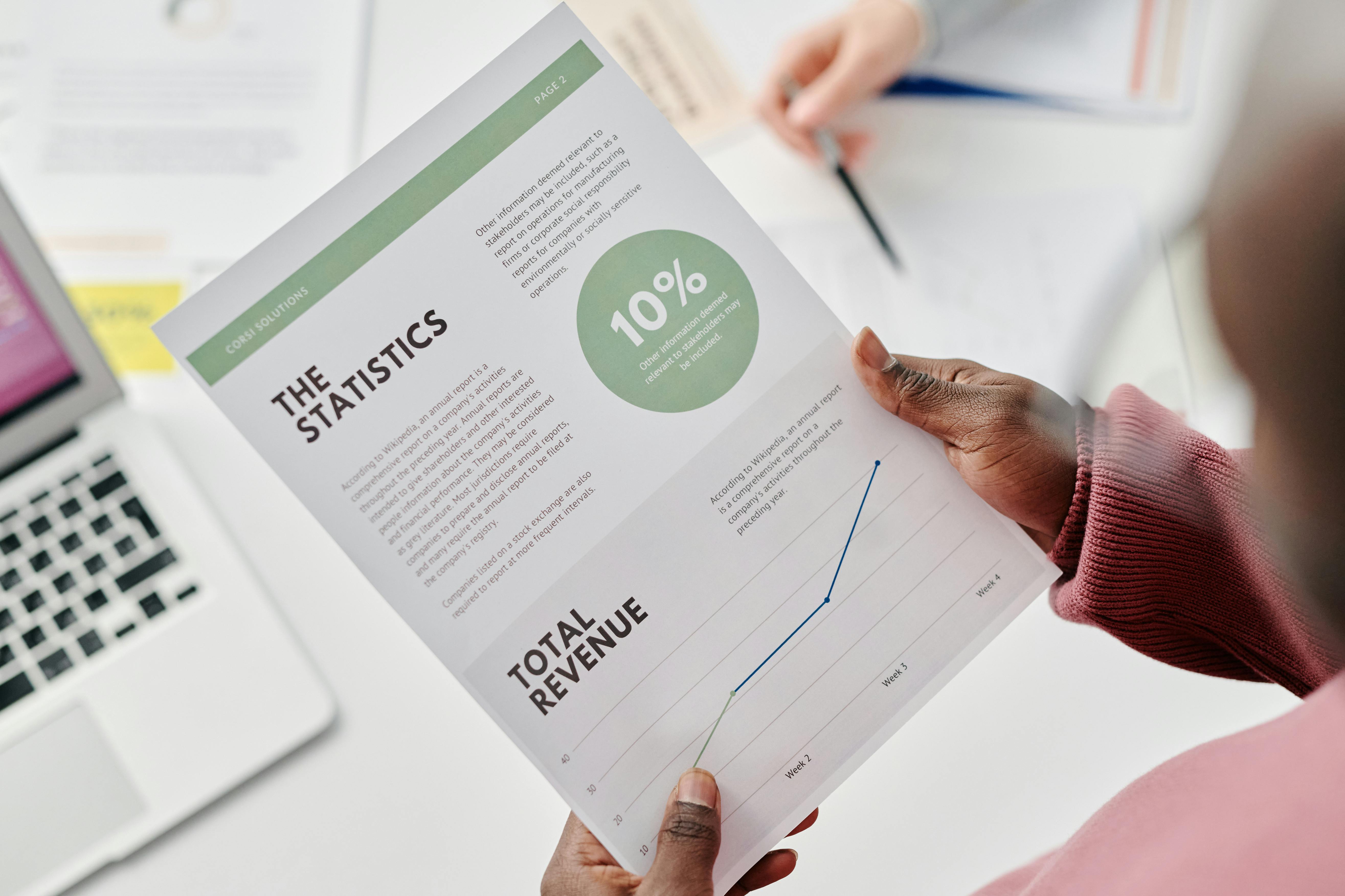Revenue Cycle Management (RCM) explained end to end—front, mid, and back office. Reduce denials, speed cash flow, track KPIs, and leverage AI. Get 2026 guide.

In healthcare, the front desk and call center are the front doors to patient care. Yet, these critical hubs are often overwhelmed. Patients face long hold times, staff grapple with burnout from repetitive tasks, and communication gaps lead to missed appointments and delayed care. The traditional contact center model is struggling to keep up.
Enter the AI-powered healthcare contact center. This isn’t just about adding a chatbot to your website. It’s a complete transformation of how providers, patients, and payers interact. By leveraging intelligent automation, healthcare organizations can create a system that is more responsive, efficient, and patient friendly.
At its core, an AI-powered healthcare contact center uses sophisticated software to handle communications that once required a human agent. This technology is driven by two key components: the AI virtual agent and the medical AI chatbot.
AI Virtual Agent: Think of this as a virtual employee that can speak and understand natural language over the phone. These agents can make and receive calls to handle complex tasks like scheduling appointments or verifying insurance benefits. They are more than just a recording; they can hold context aware conversations.
Medical AI Chatbot: This is a text based conversational program, typically found on a website or patient portal. It’s perfect for answering frequently asked questions, guiding users to information, or handling simple requests like prescription refills.
Together, these tools create a robust system for triage routing and intent detection. When a patient contacts you, the AI can instantly understand their need. It uses advanced capabilities like sentiment analysis to gauge a patient’s emotional state, ensuring a more empathetic interaction. For clinical queries, it can perform nurse triage routing and intent detection, immediately identifying urgent keywords and directing the patient to a qualified nurse, bypassing administrative queues entirely. Modern systems even use predictive call routing, analyzing patient data to anticipate their needs before they even speak, guiding them to the right resource faster.
The ultimate goal is to empower patients through patient self service. Instead of being limited to office hours, patients get help whenever they need it. This leads to one of the most significant benefits: 24/7 availability. With AI agents that never sleep, patients can book an appointment or get an answer to a billing question late at night, on weekends, or during holidays.
An AI-powered healthcare contact center streamlines the entire patient access journey, making it faster and more convenient while also reducing the administrative burden on providers.
Appointment scheduling automation is often the first and most impactful use case. Instead of waiting on hold, a patient can speak to an AI agent that checks the provider’s calendar in real time, offers available slots, and books the appointment directly. One GI group with over 100 providers used an AI agent from Prosper AI to handle more than 50% of its scheduling calls, clearing a massive backlog in weeks.
Similarly, prescription refill automation frees up staff from handling these routine requests. Patients can call in, verify their identity, and request a refill through the AI agent, which then securely routes the request to the pharmacy or clinical team. This omnichannel communication approach allows patients to connect via phone, text, or web chat and receive a consistent, personalized experience.
While patient benefits are clear, the impact on provider satisfaction is just as significant. An AI-powered healthcare contact center ensures provider schedules are filled intelligently, reducing gaps and last minute cancellations. By capturing accurate patient information and handling prior authorizations upfront, AI reduces downstream administrative work that often falls on clinical staff. This frees up providers and their teams to focus on high value clinical care instead of chasing paperwork, which is a key factor in reducing burnout.
The benefits of an AI-powered healthcare contact center extend far beyond the front desk. It can automate many of the time consuming tasks that bog down the revenue cycle.
Insurance Verification Automation: Manually verifying a patient’s insurance is a tedious but critical task. An AI agent can automatically call payers, navigate their phone systems, and confirm eligibility and benefits with incredible accuracy. Prosper AI’s voice agents, for example, can capture over 60 data points with 99% accuracy, a task that might take a human 30 minutes is often done in a fraction of the time.
Prior Authorization Intake Automation: AI can initiate prior authorization requests by calling payers to determine requirements and submitting the necessary information. This helps prevent the delays and denials that frustrate both patients and providers.
Post Visit Outreach and Follow Up Automation: After a visit, AI agents can automatically handle follow up calls for appointment reminders, care plan adherence, or patient balance collections. This ensures a full schedule and improves cash flow without adding to staff workload.
A successful AI-powered healthcare contact center relies on a foundation of smart technology and a thoughtful implementation strategy.
The most effective approach is a phased AI integration strategy. This involves starting with high volume, low complexity workflows like appointment reminders or insurance eligibility checks. This allows the organization to see a quick return on investment and build confidence in the technology. Platforms like Prosper AI accelerate this with pre-built “Blueprints” for common healthcare tasks, enabling faster deployment.
For an AI agent to be truly effective, integration with EHR, CRM, and payer portal systems is essential. This allows the AI to act as a true digital team member, reading and writing information directly into the systems your staff already use. Solutions like Prosper AI offer native integrations with over 80 EHR and practice management systems, making this connectivity seamless.
Modern AI is designed for empathetic automation and human handoff. This means the AI communicates clearly and patiently, and it is programmed to recognize when a patient is frustrated or has a complex issue. No AI is perfect, which is why human in the loop supervision is critical.
A seamless handoff to a human agent is a core feature. If an AI detects a complex need, it can instantly transfer the call to a live agent along with the context of the conversation. This transition also requires training and change management for agent teams. Human agents evolve from handling repetitive calls to becoming supervisors and exception handlers, focusing on the most complex patient needs. Their role becomes more valuable and satisfying.
When dealing with protected health information, data privacy, security, and HIPAA compliance are non negotiable. Any reputable AI platform must operate under a Business Associate Agreement (BAA), employ end to end encryption, and adhere to strict access controls. Certifications like SOC 2 Type II provide an extra layer of assurance that a vendor’s security practices meet rigorous industry standards.
Implementing an AI-powered healthcare contact center delivers tangible, measurable results across the entire organization.
The metrics of an AI contact center directly support the goals of value based care. By improving first contact resolution, AI ensures patient issues are solved on the first try, boosting satisfaction. Reduced wait times and 24/7 access remove barriers to care, encouraging patients to seek proactive treatment. This KPI alignment with value based care means that operational efficiencies also contribute to better patient outcomes and lower overall healthcare costs.
By automating repetitive calls, you dramatically improve operational efficiency. A single AI agent can handle the workload of multiple employees, working tirelessly without breaks. Gartner predicts that conversational AI will reduce contact center agent labor costs by $80 billion by 2026. This leads to a drastic wait time reduction. One clinic saw its average wait time plummet from over 3 minutes to under a second.
An AI-powered healthcare contact center also captures data from every interaction. Through AI powered data analysis and insight, you can uncover trends that were previously invisible. You can identify common patient questions, pinpoint process bottlenecks, and continuously refine your service based on real data.
The capabilities of an AI-powered healthcare contact center can also extend to supporting patients at home. For patients with chronic conditions, remote patient monitoring support can be enhanced with AI. An automated agent can make check in calls, ask about symptoms or readings, and flag any concerning responses for a nurse to review, providing another layer of proactive care.
Ready to see what an AI powered solution could do for your practice? Get started with a tailored demo, or explore the possibilities with Prosper AI.
1. What exactly is an AI-powered healthcare contact center?
It is an advanced communications platform that uses AI virtual agents and chatbots to automate patient and payer interactions. It handles tasks like scheduling, insurance verification, and answering common questions over the phone and online, 24 hours a day, 7 days a week.
2. Is an AI-powered healthcare contact center HIPAA compliant?
Yes, a true enterprise grade AI-powered healthcare contact center is designed with security as a priority. Look for vendors that will sign a Business Associate Agreement (BAA), offer SOC 2 Type II certification, and use end to end encryption to protect all patient data.
3. Will my patients get frustrated talking to an AI agent?
While some patients may prefer a human, many appreciate the immediate response and convenience of AI, especially for simple tasks. A well designed system with zero hold time and a seamless handoff option to a human agent often leads to higher patient satisfaction.
4. How does an AI-powered healthcare contact center reduce costs?
It reduces costs by automating high volume, repetitive tasks, which lowers the need for a large call center staff. This increases efficiency, reduces errors that can lead to claim denials, and ensures provider schedules stay full, directly impacting the bottom line.
5. Can AI agents handle complex medical conversations?
AI is best suited for administrative and logistical conversations like scheduling, billing, and benefits checks. It is not designed to give medical advice. For any clinical or complex emotional query, the AI is programmed to perform a seamless handoff to a qualified human agent.
6. How long does it take to set up an AI contact center?
The timeline can vary, but modern platforms are designed for rapid deployment. Solutions like Prosper AI use pre-built “Blueprints” for common healthcare workflows, allowing a go-live in as little as a few weeks.
Discover how healthcare teams are transforming patient access with Prosper.

Revenue Cycle Management (RCM) explained end to end—front, mid, and back office. Reduce denials, speed cash flow, track KPIs, and leverage AI. Get 2026 guide.

Learn payer verification best practices to cut denials, speed reimbursement, and boost patient transparency. See steps and 2026-ready workflows you can use.

Learn how AI for Revenue Cycle Management automates prior auths, boosts clean claims, cuts denials, and accelerates cash flow. Get the 2026 guide and roadmap.